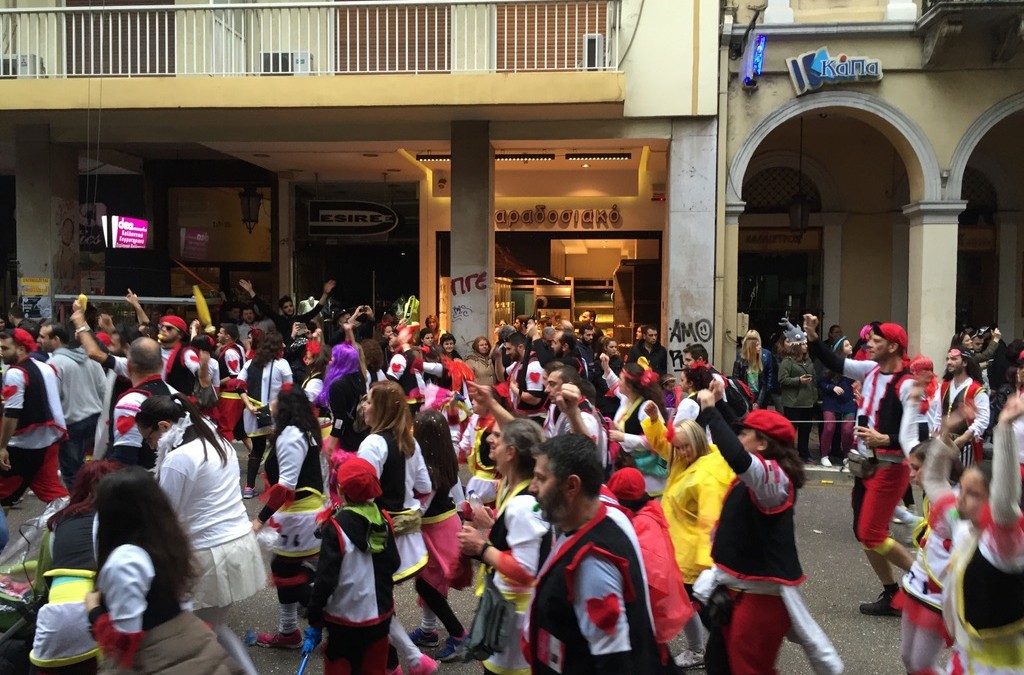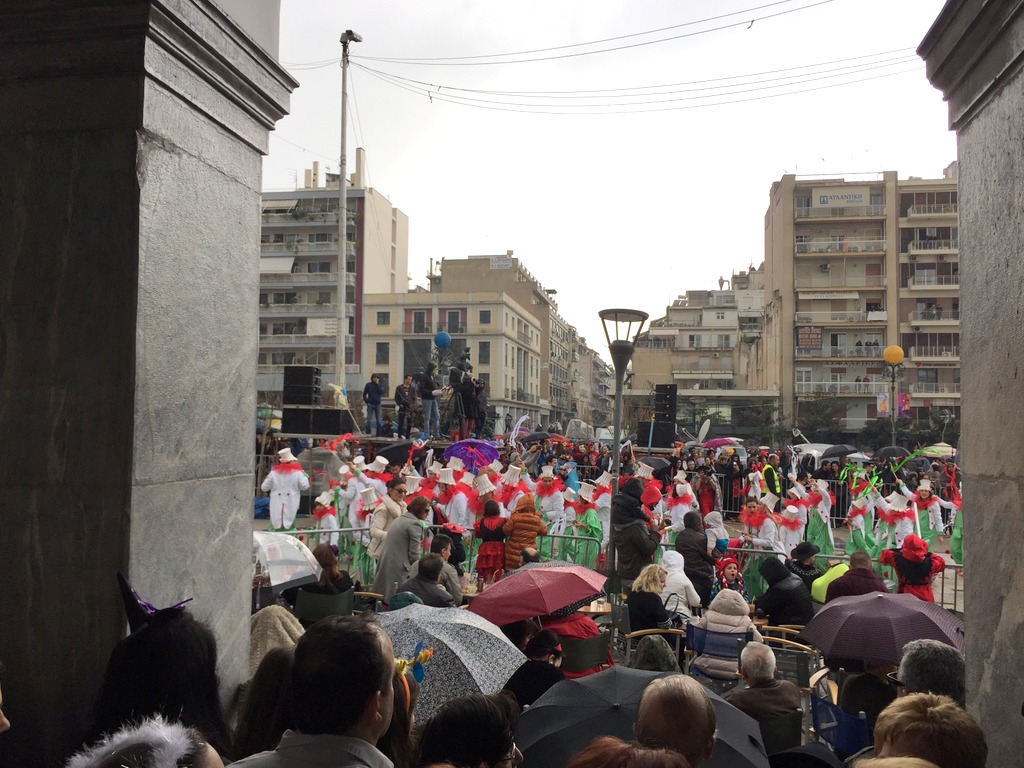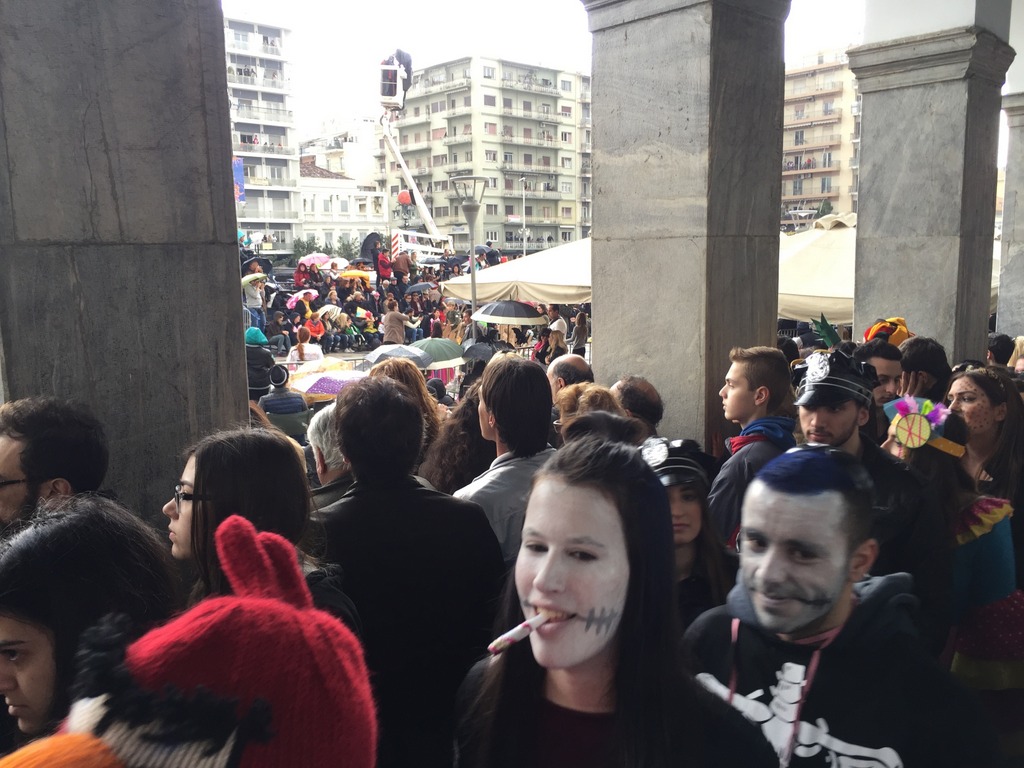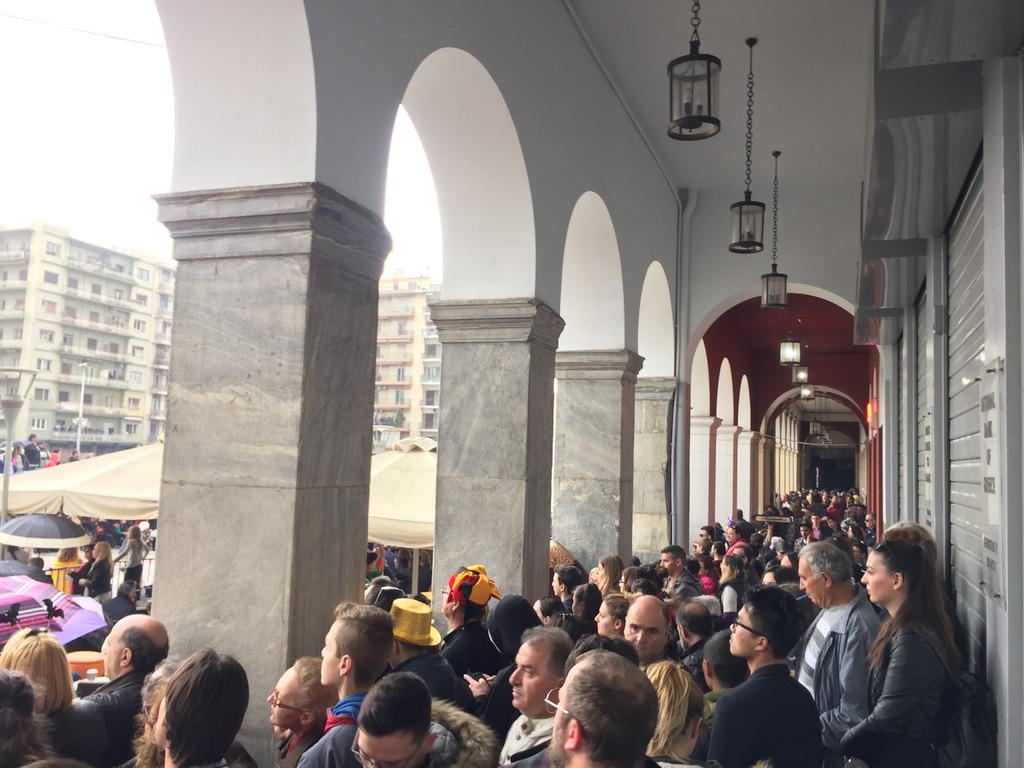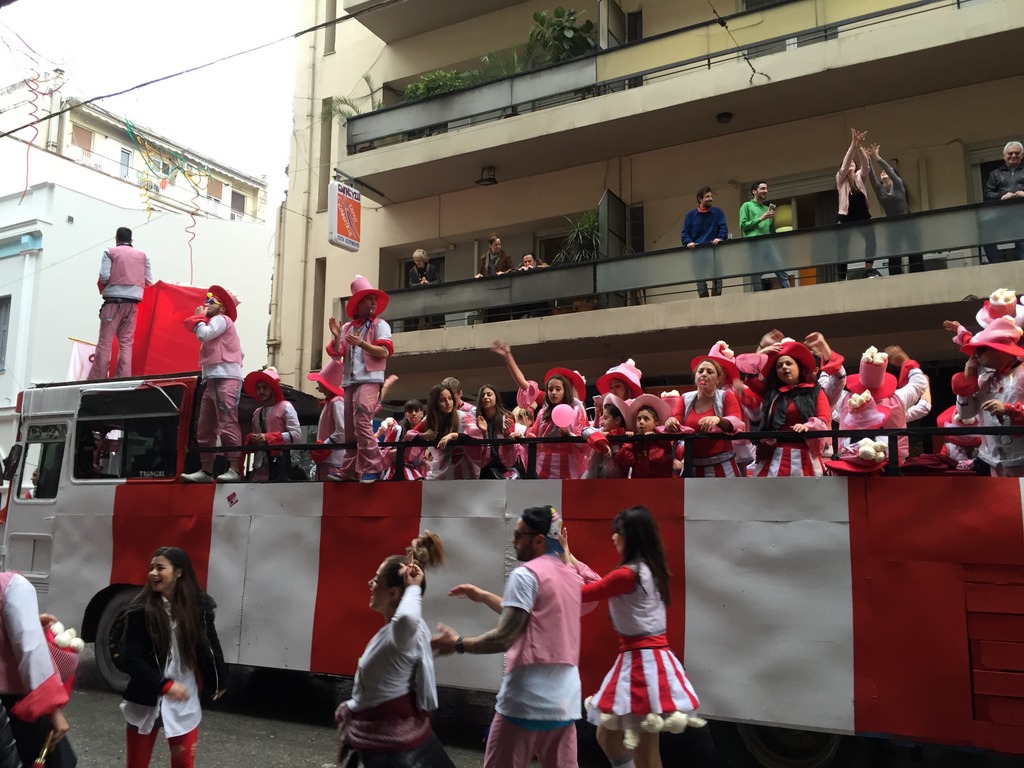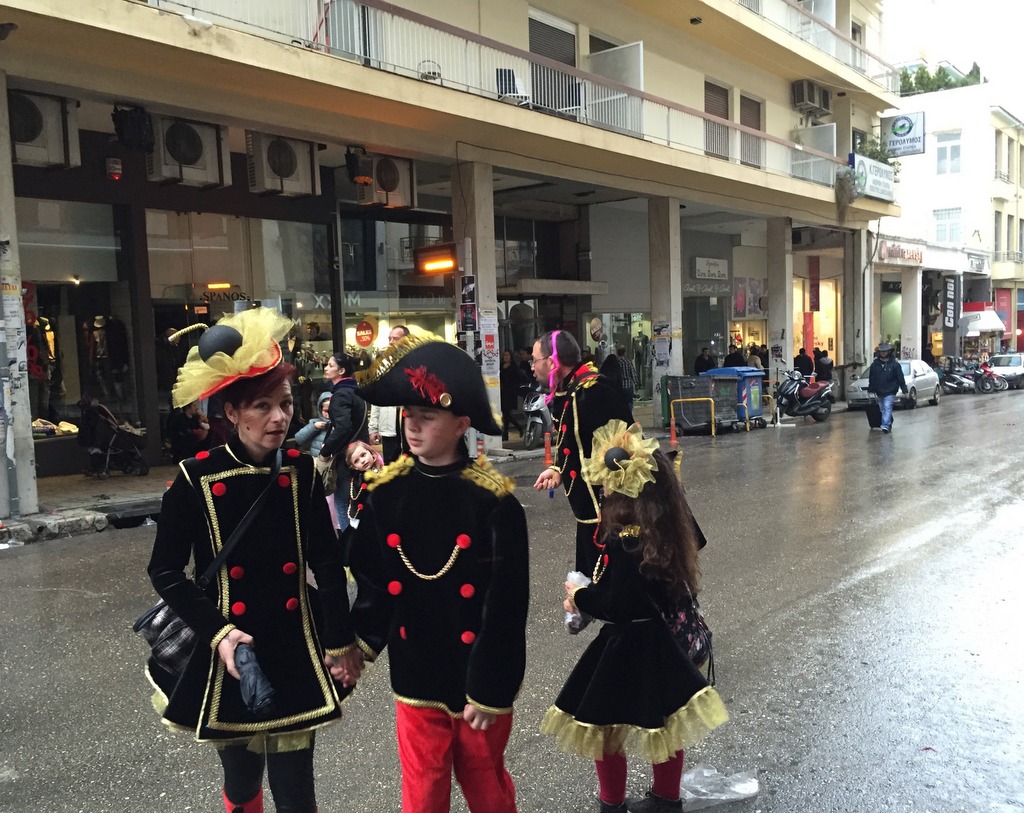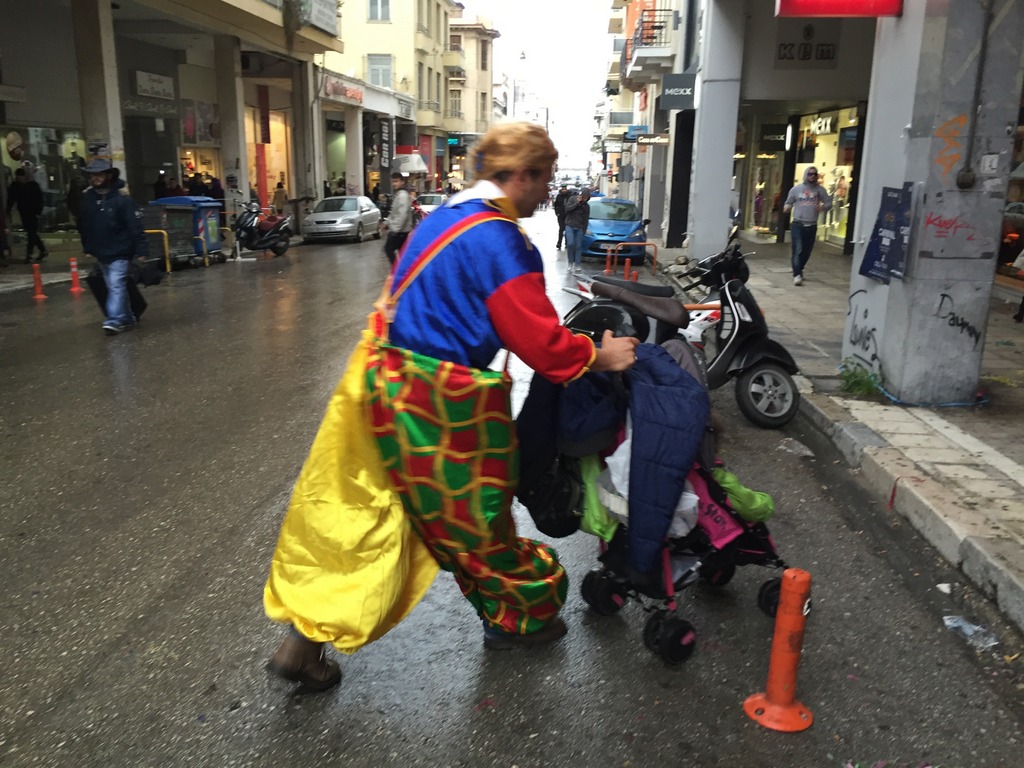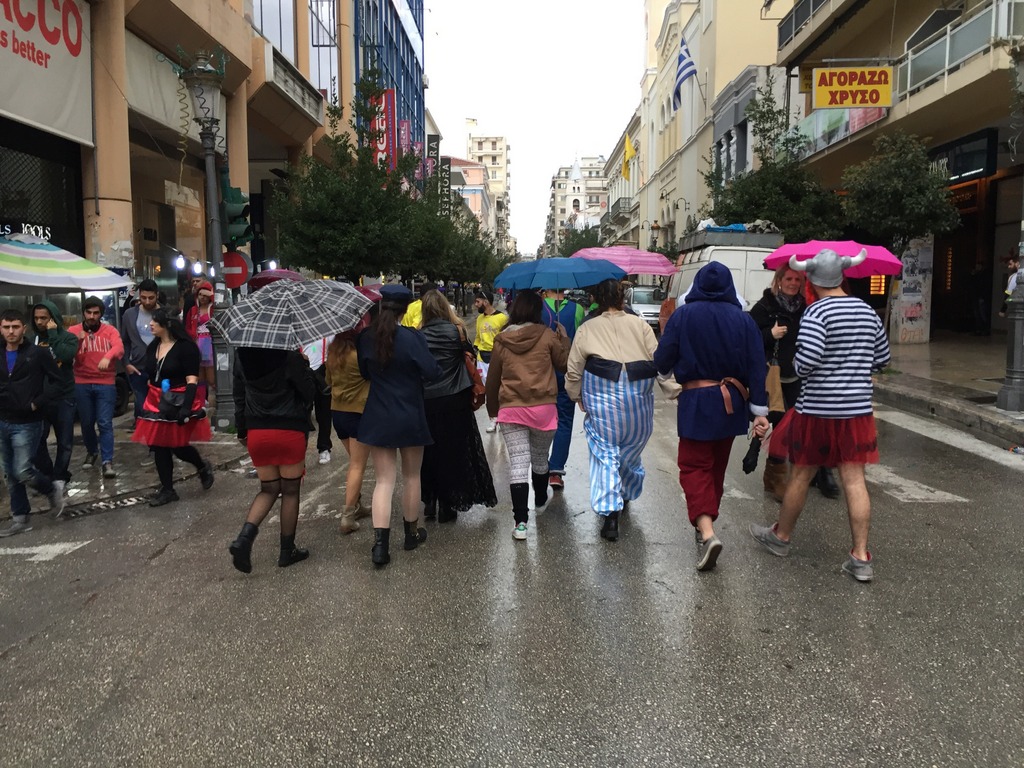According to the great philosopher Gus Portokalos from the movie My Big Fat Greek Wedding, every word has a Greek root. Well, the same applies for the carnival. So while undoubtedly Brazil (Rio de Janeiro and Salvador de Bahia) hold the global sceptre, the carnival is an authentic Greek experience and spending Carnival in Greece is a travel option worth considering.
What are the origins of modern day carnivals?
Whilst the exact origins of carnival traditions go back several millennia, their celebration relates to god Dionysus and his Roman reincarnation, Bacchus.
What does the celebration represent?
Unlike the Halloween in the United States, the Greek Carnival lasts three weeks and is celebrated in early spring. In ancient times, the timing represented the revival of nature from the hibernation of winter and the early arrival of spring.
How did the carnival make it to modern day folklore?
There are several theories aiming to explain the persistence of pagan carnival traditions in modern day, predominantly Christian, countries such as Greece, Brazil and others. At the heart of each of them is the conscious and unconscious attempt by the general population and the religious leadership to incorporate popular customs in Christian traditions. Of course, human phenomena, their emergence and perpetuation, are extremely complex and any sort of simplification is likely to offend some groups.
When is the Greek carnival celebrated?
Carnival traditions blended with Christian customs pertaining to Easter. Consequently, in all countries, the Carnival takes place before the beginning of Lent. The Greek Orthodox church, even though it has adopted the Gregorian (so-called Western) calendar, still uses the Julian (so-called Eastern) calendar for the calculation of Easter Sunday. The Greek carnival therefore follows the Julian calendar and is usually one (maximum two) weeks apart from the one celebrated in countries such as Brazil.
Is there a Mardi Gras in Greece?
Mardi Gras (Fat Tuesday) marks the beginning of Lent in Catholic and other Christian traditions. In Greece, however, the beginning of Lent is celebrated on Kathara Deftera (‘Clean’ Monday). Unlike Mardi Gras, Kathara Deftera is a day of fasting when even people who do not follow fasting rules abstain from meat and other animal derivatives. Only exception is seafood (clams, prawns, calamari and the likes) which are considered fast appropriate according to the Orthodox canons.
Why do people dress up?
The followers of Dionysus, the Satyrs, used to dress up in order to make fun of others. The masquerading protected them from being recognised and gave them more liberty to tease and often offend their victims. For the entire three weeks of the carnival, Greek people will use any opportunity to dress up and throw masquerade parties.
Is the carnival associated with sex, orgies and binge drinking?
The answer is quite simple: no! Anyone who has been to the carnival celebrations in Brazil will also attest that the Brazilian celebrations have little to do with the images often conveniently portrayed by nudity and sex hungry media. Having said this, any celebration dedicated to Dionysus would always entail wine and the moral relaxation associated with it, but associating the carnival with group sex is wholly inaccurate. In addition, the general Greek population is not into binge drinking and one will rarely encounter scenes that are almost commonplace weekend events in other countries.
Where can I celebrate the carnival in Greece?
The City of Patra, on the North West of our beloved Peloponnese [add link for Peloponnese], hosts the most famous and large scale Greek carnival celebration, probably due to its proximity (physical, cultural and historical) to the Venetians and their own carnival there. However, most Greek cities organise some sort of celebration for the carnival and the centre of Athens is another popular street party destination for the ones who can only fly in to Athens.
Can I celebrate the carnival at Live-Bio?
Well, the timing of the carnival is kind of out of season for us, at least for our early years of operation. Having said that, we would gladly welcome you to our area and would assist you with organising accommodation. The nearby town of Methana (affiliated with the town of Galatas) organises festivities for all ages.
Is it worth visiting Greece for the carnival?
Since the ancient times, the carnival has been an authentic Greek experience that has survived through the millennia. It is a rather different experience from the revered Greek summer, but also something totally worth seeing and participating in. After all, it all started here and still lives in the psyche of the people. Kales apokries kai kali sarakosti (Happy Carnival and Happy Lent).

